Here is the abstract:
"This article argues for the importance of the Royal Indian Navy mutiny of 1946 in two key aspects of the transition towards Indian independence: civilian control over the Indian military, and a competition for power between Congress and communists that undermined Indian workers and their student allies.
"The article begins with an investigation of the mutiny drawing on three sources: a first-person account from a lead mutineer, a communist history of the mutiny, and the papers published in the Towards Freedom collection.
"In 1946 a handful of low-ranking sailors sparked a naval mutiny that ultimately involved upwards of 20,000 sailors, and then crashed into the streets of Bombay with revolutionary fervour. The Communist Party in Bombay seized upon the mutiny as an opportunity to rally the working class against the British raj, with the hope of ending British rule through revolution rather than negotiation.
"Yet the mutiny proved less of a harbinger of what was ending and more of a bellwether for what was to come. Congress, sensing the danger of the moment, snuffed out support for the mutiny, and insisted on a negotiated transfer of power. Congress’s action thereby set a precedent for civilian dominance over the military in postindependence India. At the same time, however, Congress betrayed the effectiveness of some of organised labour’s strongest advocates, namely the Communist Party, Bombay students and Bombay labour, thereby undermining their costly mass protest, and hobbling them in future conflicts against Indian capitalists."
While my author's agreement does not allow me to place the polished, published version of the article on this website just yet, I am able to provide readers with the rough draft of the article I submitted to the editors. Here is the link to the rough draft:
http://jmmeyer.weebly.com/royal_indian_navy_mutiny_1946.html
If you would like to read the published version, simply contact me and I can e-mail it directly to you.
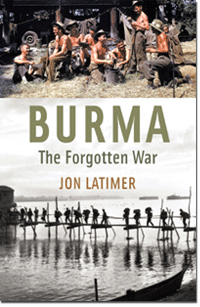
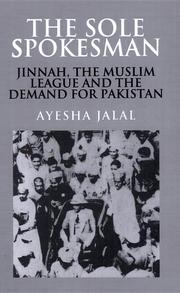
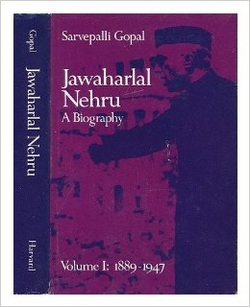
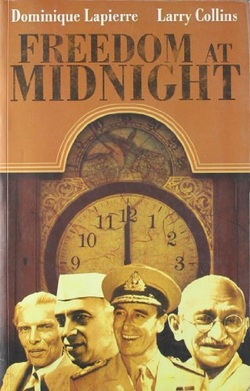
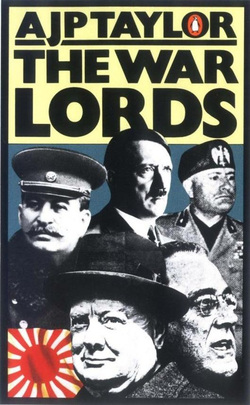
 RSS Feed
RSS Feed